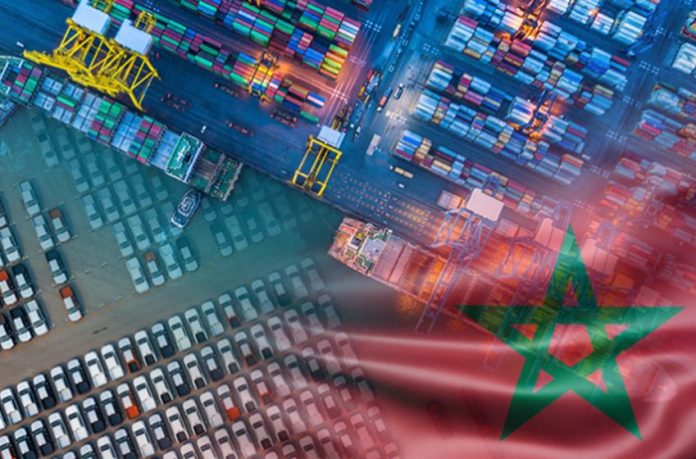Morocco’s National Investment Commission has greenlit 275 investment project agreements, totaling over 393 billion dirhams (MMDH), including nine strategic initiatives valued at more than 65 billion dirhams. Speaking before the House of Councillors on Tuesday, Prime Minister Aziz Akhannouch highlighted the transformative impact of these projects, which are expected to generate approximately 195,000 direct and indirect jobs.
This announcement came during a plenary session on the theme, “Economic and Financial Indicators and Strengthening Morocco’s International Presence.” Akhannouch emphasized the unprecedented momentum within the commission, underscored by 14 highly productive sessions that have accelerated job creation and project development.
To attract more foreign direct investment (FDI) and foster a favorable business environment, the government is implementing a strategic roadmap that extends to 2026. Comprising 46 key initiatives, this plan focuses on bolstering transparency, fighting corruption, and streamlining administrative processes. As part of these efforts, the number of required documents for investment approvals has been reduced by an average of 45%, along with faster processing times for business applications.
Akhannouch explained that these reforms include simplifying procedures related to urban planning permits, land allocation, and business operations. The government is also establishing a fully digital system to facilitate the electronic creation of new enterprises.
In an effort to further enhance economic transparency, the government is revising the laws governing price competition and payment timelines. Delays in business payments have long hampered local enterprises, but new measures aim to provide timely solutions to these challenges. Additionally, access to industrial land will be improved through the adoption of the Industrial Zones Act, which ensures the availability of 3,700 hectares of new industrial land.
This legislation aligns with Morocco’s broader industrial policy, which seeks to improve the management of industrial areas while supporting investment growth.
The government is also launching new financing mechanisms to support young entrepreneurs and innovative ventures. These include a law on crowdfunding and one on credit information offices, enabling project leaders to secure funding through online platforms in a transparent manner.
Access to public procurement is another key area of reform. Akhannouch outlined plans to implement a unified public procurement system, aimed at providing greater clarity for economic operators. This includes digitizing procedures through the national platform “marchespublics.ma,” streamlining access to government contracts, and promoting national preferences to boost local businesses.
Akhannouch reported that significant progress has been made on these reforms. Since 2023, 83% of the roadmap’s projects and initiatives have been launched, with a completion rate of 41% achieved across all planned actions.
The prime minister concluded his address by reaffirming the government’s commitment to sustaining this momentum, ensuring that Morocco remains an attractive hub for both domestic and international investment. As these reforms take shape, the nation aims to cement its position as a dynamic player in the global economy.
